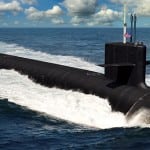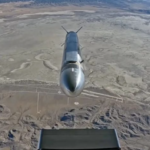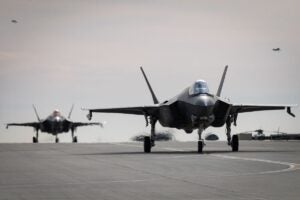
This year, the National Nuclear Security Administration (NNSA) will finish an integrated master schedule for building a new plutonium pit manufacturing complex and this summer it will quantify delays to the W80-4 nuclear cruise missile warhead, the head of the agency told Senators Thursday. “We are in the process of integrating those schedules so that we have a master schedule for the entire plutonium project including all the peripheral things like the security that goes with that and we are…

 By
By 










